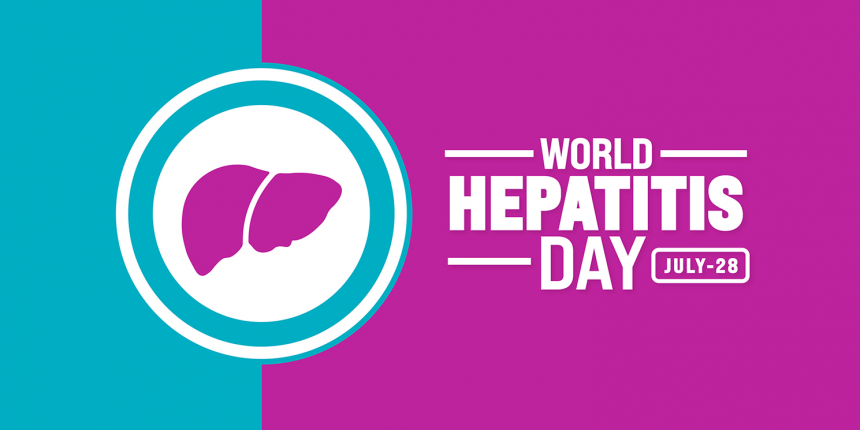As the world observes World Hepatitis Day today, global health leaders are sounding an urgent call to action under this year’s powerful theme: “Hepatitis: Let’s Break It Down.” The campaign demands immediate efforts to dismantle the financial, social, and systemic barriers—including stigma—that prevent millions from accessing life-saving hepatitis prevention and treatment.
Viral hepatitis, a silent killer that causes inflammation of the liver leading to severe liver disease and cancer, continues to claim lives despite being largely preventable and treatable. Chronic hepatitis B and C silently cause liver damage and cancer – despite them being preventable, treatable, and, in the case of hepatitis C, curable.
The Prevention Imperative
Health experts emphasize that prevention remains the most powerful weapon against hepatitis. The good news is that effective preventive measures are readily available and accessible to most populations.
Vaccination: Your First Line of Defense
- Hepatitis B Vaccination The hepatitis B vaccine is also known as the first “anti-cancer” vaccine because it prevents hepatitis B, the leading cause of liver cancer worldwide.
- Hepatitis A Protection Routine vaccination for children ages 12–23 months and catch-up vaccination for children ages 2–18 years who have not previously received hepatitis A vaccine provides crucial protection against this highly contagious form of viral hepatitis.
Essential Prevention Strategies:
Safe Practices for Daily Life
- Practice safe injection methods and avoid sharing needles or drug paraphernalia.
- Ensure proper sterilization of medical and dental equipment.
- Use barrier protection during intimate contact.
- Avoid sharing personal items like razors and tooth brushes.
- Choose reputable facilities for tattoos and piercings.
- Practice good hand hygiene, especially before eating and after using restrooms.
Food and Water Safety
- Consume properly cooked food and avoid raw or undercooked shellfish.
- Drink safe, clean water and avoid ice from questionable sources.
- Wash fruits and vegetables thoroughly.
- Be cautious when traveling to areas with poor sanitation.
The Testing Revolution
Early detection saves lives. Modern hepatitis testing including fibrosan is more accessible than ever, for early detection of viral hepatitis before it turns into liver cancer.
Breaking Down the Barriers
This year’s theme specifically addresses the obstacles that prevent hepatitis elimination. These barriers include:
- Financial Barriers: High costs of testing and treatment that put care out of reach for many patients.
- Social Stigma: Discrimination against people with hepatitis that prevents them from seeking care and disclosure.
- Systemic Issues: Healthcare systems that aren’t equipped to provide integrated, patient-centered care.
- Geographic Access: Limited availability of services in rural and underserved communities.
A Global Commitment
Countries worldwide are strengthening their commitment to hepatitis elimination. The observance of World Hepatitis Day 2025 is a crucial momentum for India to strengthen its commitment to eliminating hepatitis B and C by 2030. Similar efforts are underway globally, with healthcare systems investing in comprehensive strategies that combine prevention, testing, and treatment.
The Path Forward
The message is clear: we have the tools to eliminate viral hepatitis. Effective vaccines exist for hepatitis A and B, and hepatitis C is completely curable with modern antiviral treatments. What’s needed now is the collective will to break down the barriers that prevent people from accessing these life-saving interventions.
As individuals, we can take action by getting vaccinated, knowing our status through testing, and supporting loved ones who may be affected by hepatitis. As communities, we must work to eliminate stigma and ensure equitable access to prevention and care services.
On this World Hepatitis Day, the call is unmistakable: it’s time to break down every barrier standing between people and hepatitis-free lives. The tools exist, the knowledge is there, and the urgency has never been greater. The question isn’t whether we can eliminate viral hepatitis—it’s whether we will.
(The Author is Assistant Professor Community Medicine. GMC Baramulla. Feedback: [email protected])








